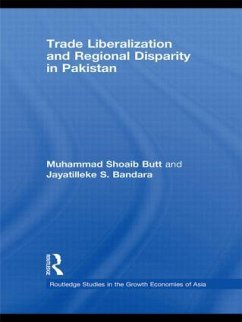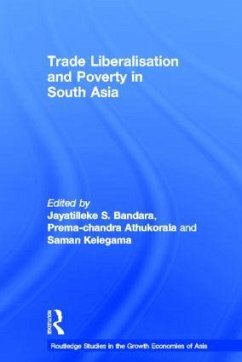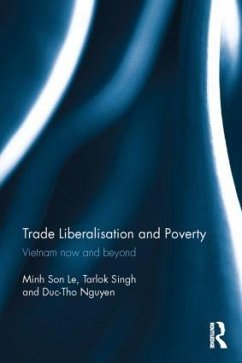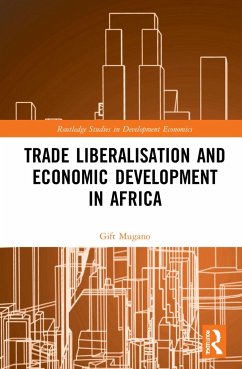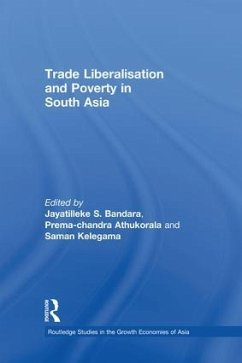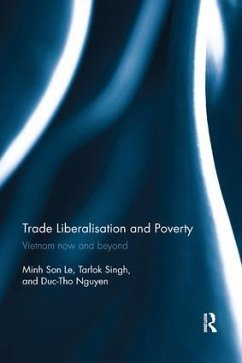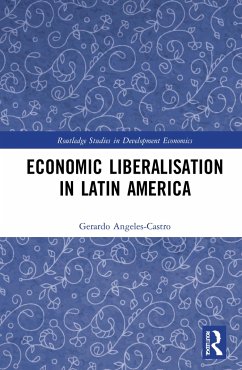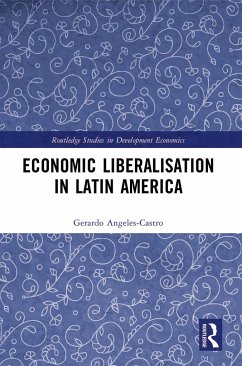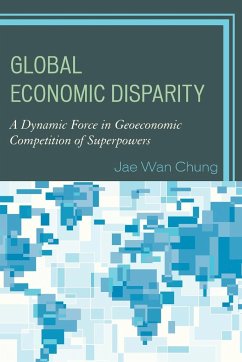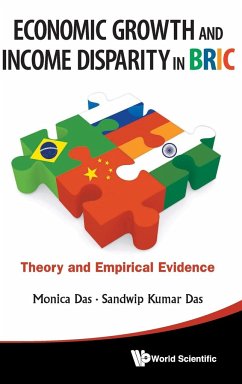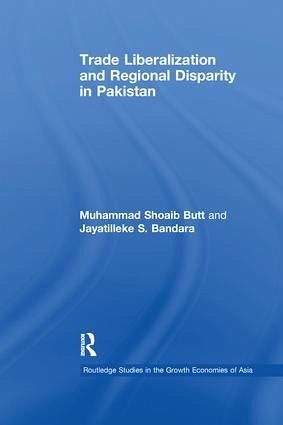
Trade Liberalisation and Regional Disparity in Pakistan
Versandkostenfrei!
Versandfertig in 1-2 Wochen
40,99 €
inkl. MwSt.
Weitere Ausgaben:

PAYBACK Punkte
20 °P sammeln!
This is the first study to distinguish a possible link between trade liberalisation and regional disparities under dissimilar political regimes, such as autocracy and democracy. It uses Pakistan as a case study to draw broader lessons for other developing countries.




